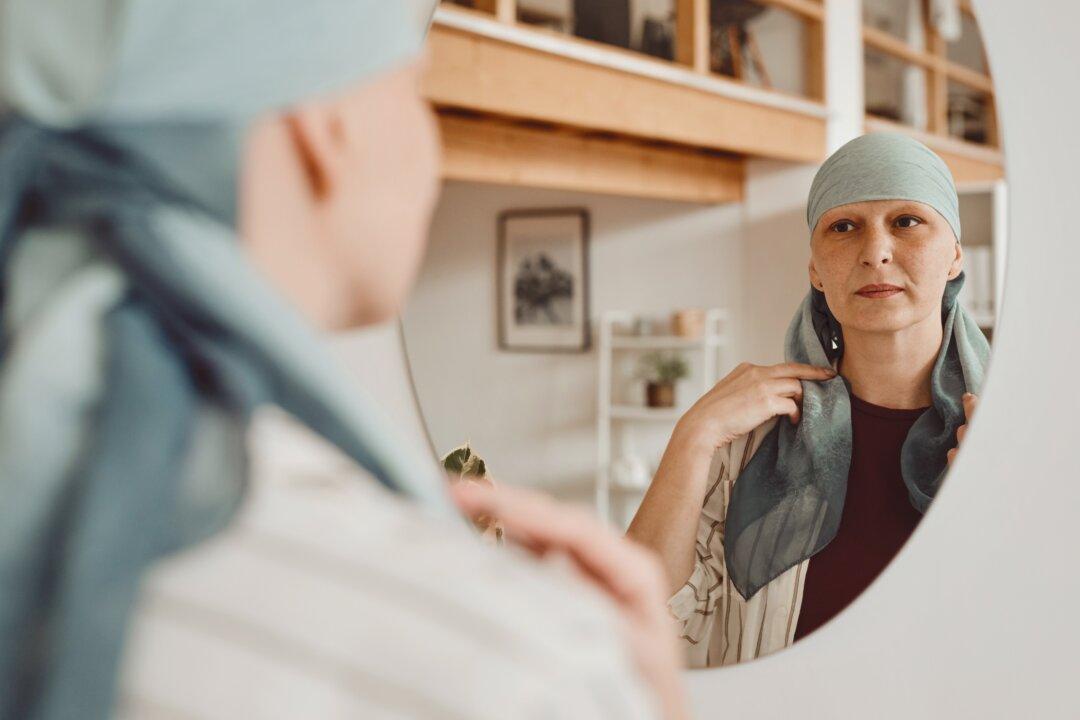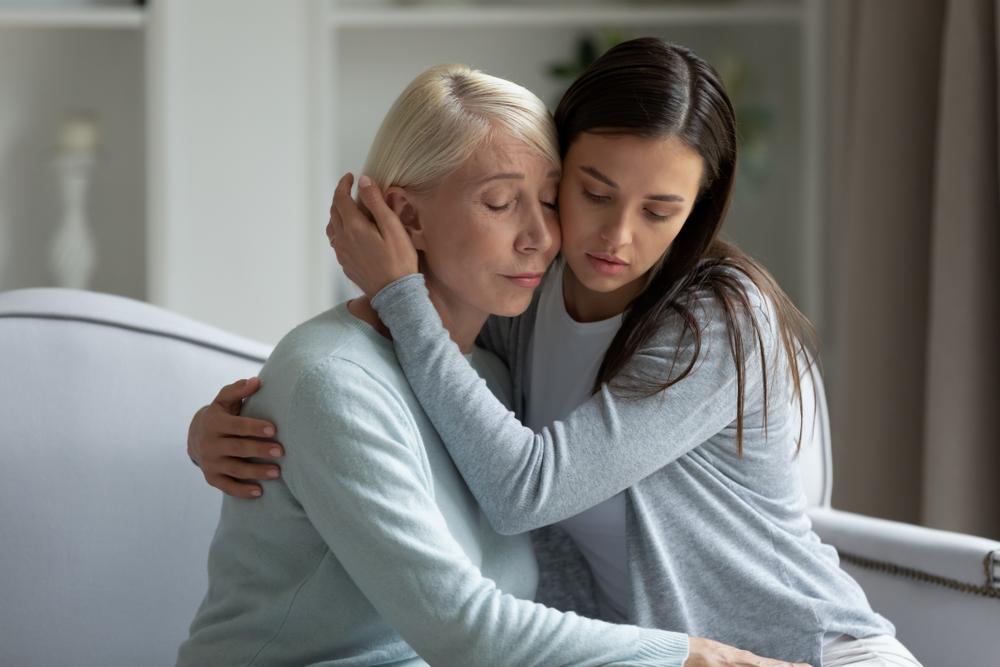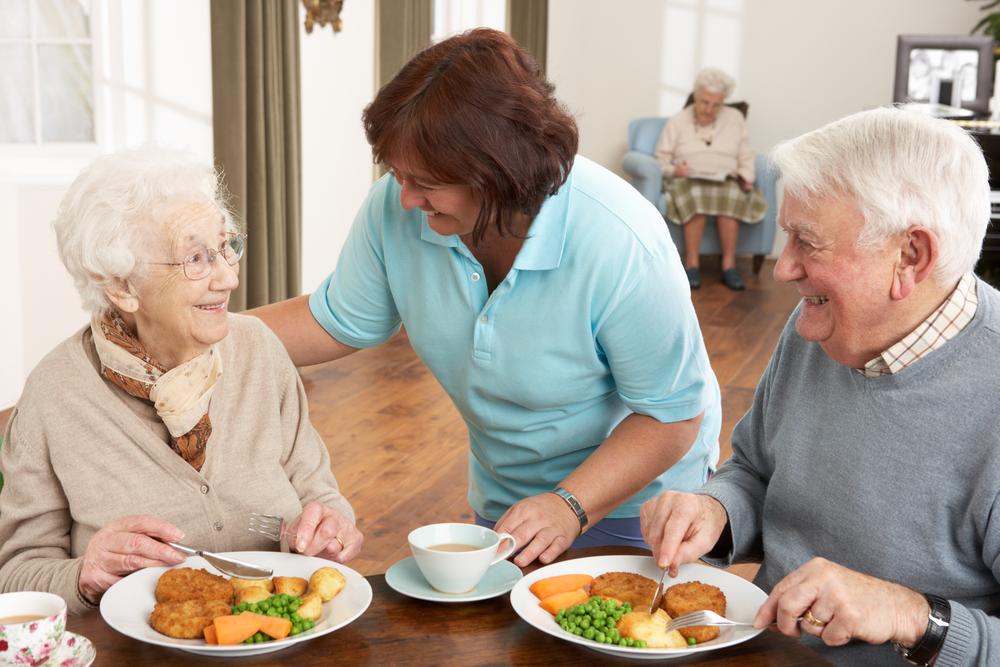The National Cancer Institute states that nearly 40 percent of men and women in the United States will receive a cancer diagnosis in their lifetime. Even during the pandemic, cancer was the leading cause of death around the world.
That means many people are dealing with treatment for this worrisome disease—including many of my friends and family members. While new treatments are giving people hope for greater longevity and even full recovery, the social and emotional toll of cancer is still severe. Right when cancer patients need calm clarity and social support for getting through treatment, they can have trouble finding either, compounding their suffering.





